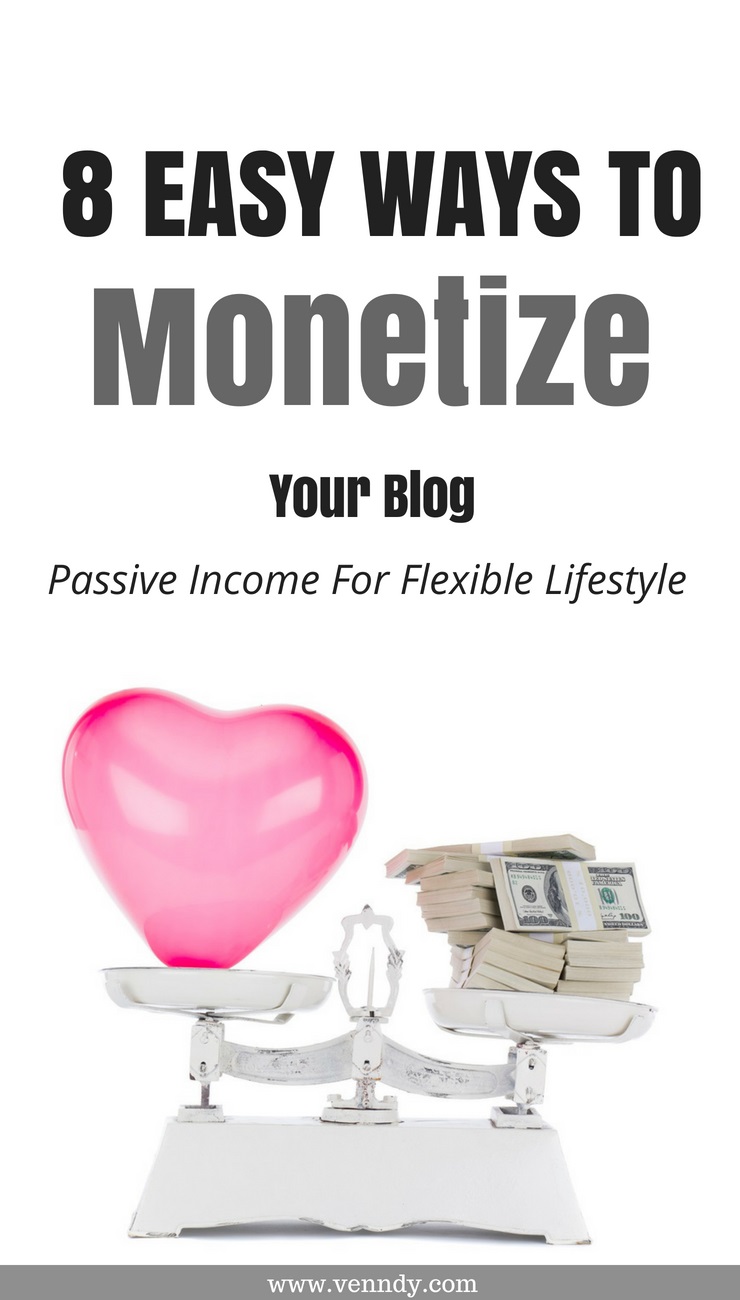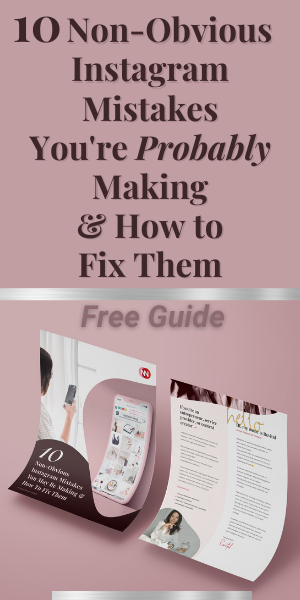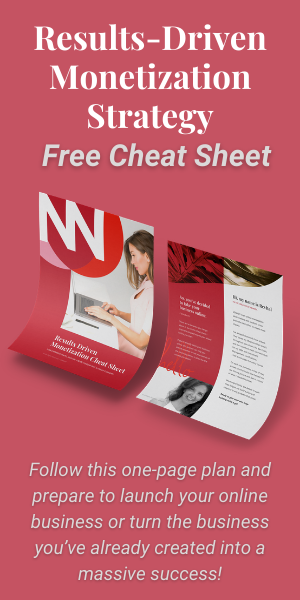Whether you just started as a blogger or have been blogging for some time, whether you are looking for a side income or aim someday to make it your full-time job, figuring out the monetization methods that will allow you to turn your passion into profit is something you should be doing.
Just in case you are asking yourself - what is monetization? Well, in simple words it just means turning your digital assets, which may be non-revenue-generating by nature, into a source of income by generating revenues. Web sites, blogs and mobile apps for example, that do generate revenue are often monetized by advertisements, or subscription fee.
But
wait, if you're reading this and haven't yet started a blog, you can check out THIS (coming soon) post which will show you how to enjoy the
advantages of blogging without the commitment of running a business. Believe it
or not, starting a blog when the blogging sphere is so crowded, does require
you to be very mindful about why, how, and what you want to get out of it and
to have a business plan that will help you get there. But once you are blogging,
the next question is how you make money blogging, in other words, how to
monetize the time and effort put into this demanding routine.
To
help you figure out what you can do according to the stage your blog is in,
we've gathered some of the tools for blog monetization most frequently mentioned
in our community.
1. Ad
Networks – This is probably the easiest way when you're just starting out. Most
ad networks work the same way. There are two methods for payment: pay per
click and pay per impression ads. The pay per click ad tends to earn really
well from search visitors, while the pay per impression ads do well with social
media traffic. At the beginning you can start with a small ad network which
doesn’t require any minimum volume of traffic. All you need to do is sign up
and then either place sidebar advertising or insert ads throughout a post. An EASY
way to make some money.
A
good way to keep the payments coming is by leveraging your best performing blog
posts. Make sure you revisit your top posts every few months and insert either an
extra pay per click ad or, as discussed below, some affiliate links (whichever
seems more relevant for the particular blog post.)
Here
are some names of ad networks to help you get started: AdSence, PopAds, Propeller Ads, Infolinks.
2. Affiliate
Marketing – By putting some affiliate offers on your blog, you direct your
readers to the purchase of affiliated products. The basic idea is that for
every sale made through your link, you get a certain percentage of the sale.
The percentage varies according to company. It is important to decide whether
you want to only put products that you have tried and tested and truly
recommend or whether you treat them as nothing more than regular ads. Most
bloggers are concerned about keeping up a reputation of trustworthiness and
therefore try to be honest with their audience.
Here
again, you may want to revisit your top posts and add affiliate links if they seem
relevant for the particular blog post. One tool you can use is the "shop-the-story"
carousel created by VENNDY, which can help you easily update your post with
products or services you have recently used.
Here are some names to help you get started: Amazon, eBay, ShareASale, AWIN, Rakuten.
3. Influencer Marketing – This may be relevant for more mature blogs with a high volume of traffic and a large audience. It can relate also to Instagrammers, YouTubers, Social Media stars, or anyone with an audience that you can leverage. This type of marketing uses key leaders to drive a brand’s message to the larger market. However, influencer marketing often goes hand-in-hand with social-media marketing, so it might be suitable for large accounts on Instagram or YouTube, for instance, where influencers are expected to spread the word through their own social channels.
Here
are some names to help you get started: BrandBacker, Famebit, Revfluence, Influenster, Instabrand.
4. Sponsored
Products/Posts – This comprises being paid to use a product and then write
posts about your experience, recommending the product. You can start sponsoring
products either of a brand you have started working with through an influencer
marketplace or of an individual marketer looking to post content. It is usually
effective to mention the product not only in a blog post but also in a
newsletter, webinar, or opt-in freebie. The more mentions, the more your
readers will trust your recommendation. You can also add a resource page with a
list of recommended products to your blog (see below). The sponsored product
tends to be dependent on your niche and its relevance to your readers. Prior to
committing to a brand, check to make sure it is a good fit and be selective in
the products you decide to sponsor so that you stay true to who you are and
what you want your blog to represent.
The
channels for promotions are your blog, usually in a post written specifically
about the product, social media, and one of your strongest promotion channels –
your email list.
Here are is a name to help you get started: Social Spark.
5. Referrals– These are payments driven from affiliate programs but as oppose to marketing
to customers who you don’t know personally, with the primary reason being a financial
motivation, in a referral the advocate recommends a product or a brand to a
colleague, friend, or family member. The motivation in referrals stems more from
a strong relationship between the blogger and the potential customer. Referrals
are very powerful both to the customers and to bloggers as they strengthen
influence and build the foundation for future potential sales.
At VENNDYwe believe that nothing is more influential than a recommendation from a
trusted friend, and we help bloggers and consumers create referrals on
products, services, places, and experiences based on trust and ongoing
connections. By adding items to a VENNDY story (which is a collection of items), the user can tell others about
the context in which the item was used and fill in additional details. Bloggers
can add the items and stories created on VENNDY to their blog and social media
and thus enhance the level of familiarity with their readers while building
trustworthiness.
6. Resource
Page – A resource page is a good way to include affiliate links in a comprehensive
list of products you use as a blogger for your work and your daily needs. The
list can include a camera and accompanying equipment, software to help you run
your blog (graphics, opt-ins, email lists, etc.) and many other products.
7. Freelancing
Services – This means that your blog provides you with an interface to
offer additional services in an area you master. This can be graphic design,
social media services, content writing, virtual assistance, and more. Bloggers
are increasingly more creative in finding ways to combine their strengths and
passion with blogging and making a living this way.
8. Create
a Product of Your own – This one is not so obvious but has become more and
more common in the blogging sphere. Blogging
sometimes helps you realize or recognize something that you are really great at
making. You can sell products that you have created yourself, such as an
online course, an online or printable books, according to your interests, your skills,
and the ways you want to help others. You
can create a page on your blog that is dedicated to selling things. Make it
easy for your readers to understand what you sell and how they can purchase it.
We hope this was helpful in providing you with an overview of how you can make money blogging and monetize your blog! Make sure to check out our other posts that cover a range of blogging aspects to help you get familiar and knowledgeable!







You can choose to comment as a guest.